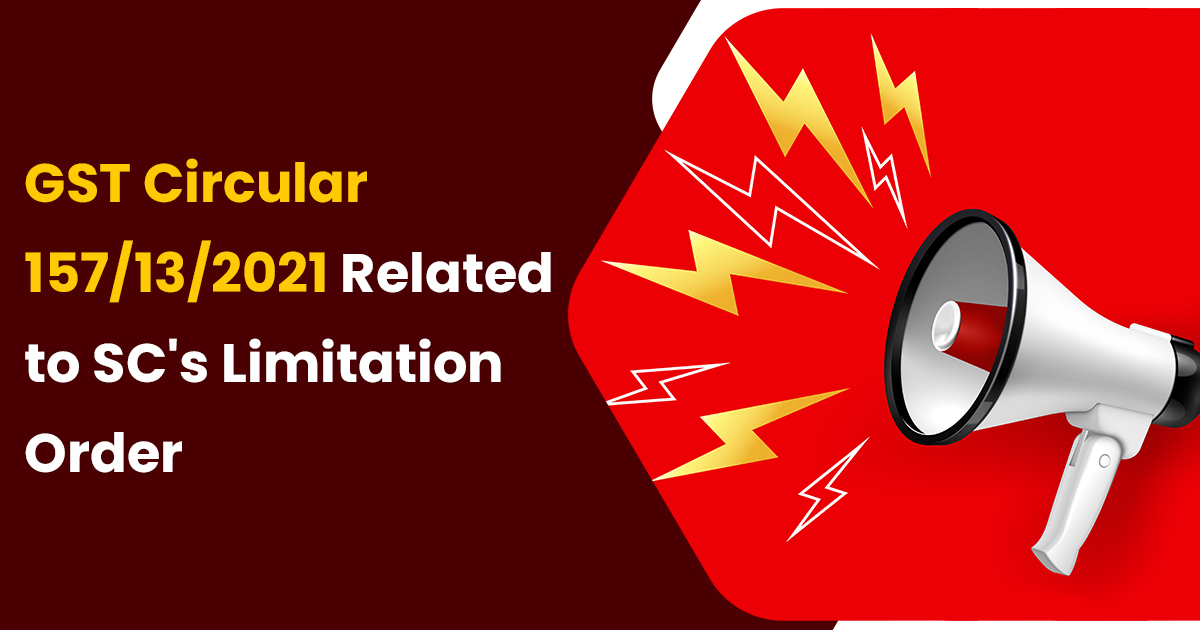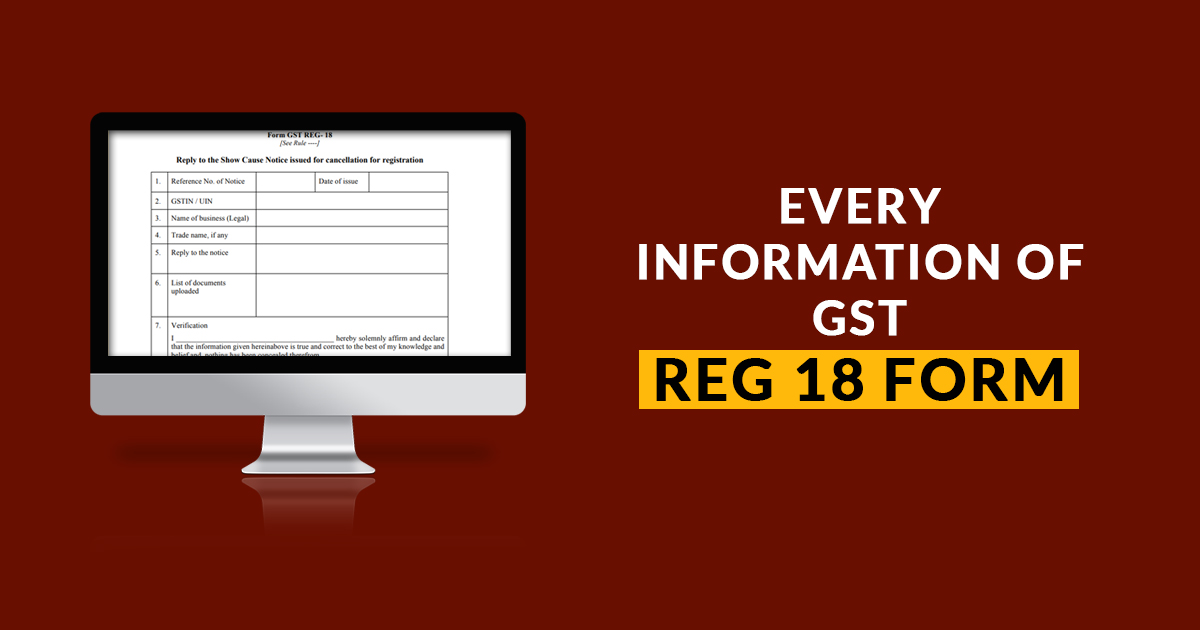
This is high time for The Central Board of Indirect Taxes and Customs (CBIC) and taxpayers amidst the orders of the honourable Supreme Court. The CBIC has released a statement saying that the issue of the summons, search, enquiry, or investigation and even the arrest that has been mentioned in the provisions of GST 
In a circular released on July 20, the department said that the extension of the timeline, which has been granted by the order of the honourable Supreme Court dated April 27, is applicable on any appeal required to be filed before the Joint /Additional Commissioner (Appeals), Commissioner(Appeals), Tribunals, AAAR, and the various courts against any quasi-judicial order or in the case where the proceedings for the rectification or revision of order is required to be undertaken. Consequently, it will not be applicable to any other proceedings as per the GST laws.
Recalling history in a hurry, the government had stretched the time limit of various compliances as per the GST law to provide relief in the wake of the Covid pandemic. Amidst this scenario, the honourable Supreme Court restored the order that is dated March 23, 2020, and in the continuation of the order dating March 8 gave the direction that the period of limitation which is prescribed under any general or the special law with respect to all judicial or quasi-judicial proceeding whether they are condonable or not shall be extended till the passing of further orders.
After the above-said series of events, the CBIC received the representations that sought clarity on the impact/effect of the said ruling. And based on legal advice, the board put the clarification.
CBIC’s Response/Clarification
The CBIC reacted proportionately and said that the honourable Supreme Court has passed an order for granting extensions only with respect to the judicial and quasi-judicial proceedings that are related to suits/petitions/appeals and so on and the court has not made it applicable to every action or proceedings as per the GST law.
Consequently, the autonomy of the CBIC to issue summons, search, inquiry, or investigation including arrest would not fall within the purview of ruling of the apex court. The same applies to the issue of show cause notices (SCN) 
As per the CBIT, proceedings related to tax compliances that are required to be done by the taxpayer will continue to be governed by the GST law. In the same way, tax authorities can continue to work as quasi-judicial bodies.
“This may inter-alia include disposal of application for a refund, application for revocation of cancellation of registration, adjudication proceedings of demand notices, etc., the board said.”
In the same way, appeals that are filed and are pending also can be heard and finally disposed of and the aforesaid status quo shall be governed by the extensions that have been granted by the statutes or notifications if any.
“Wherever any appeal is required to be filed before Joint/Additional Commissioner (Appeals), Commissioner (Appeals), Appellate Authority for Advance Ruling, Tribunal and various courts against any quasi-judicial order or where a proceeding for revision or rectification of any order is required to be undertaken, the timeline for the same would stand extended as per the Supreme Court’s order, the board said.”








